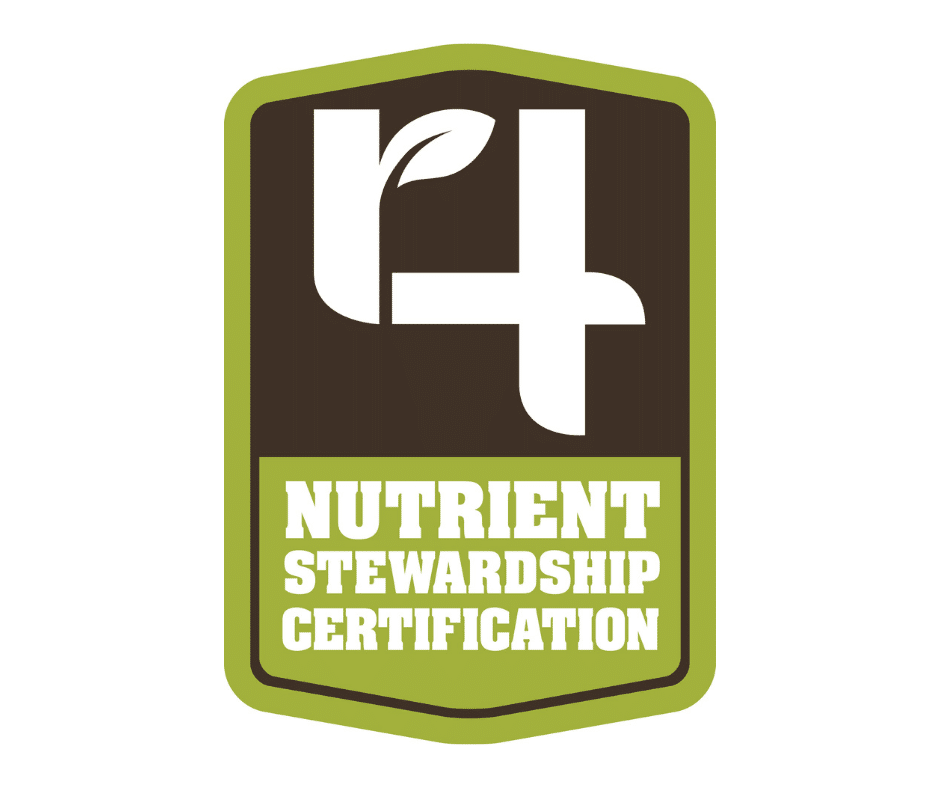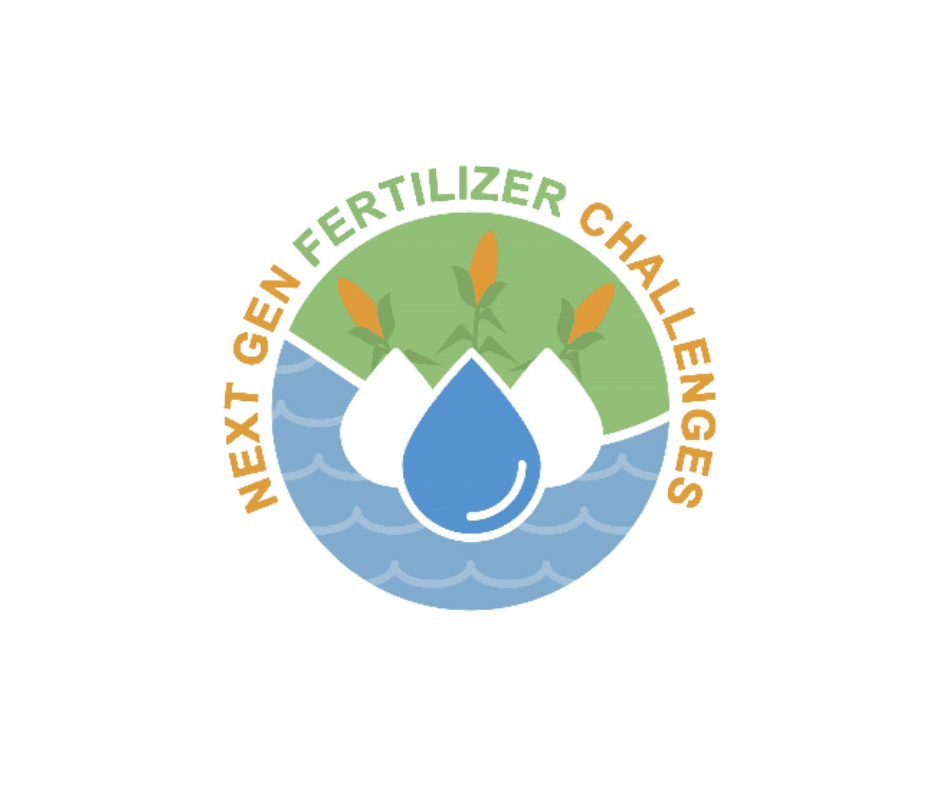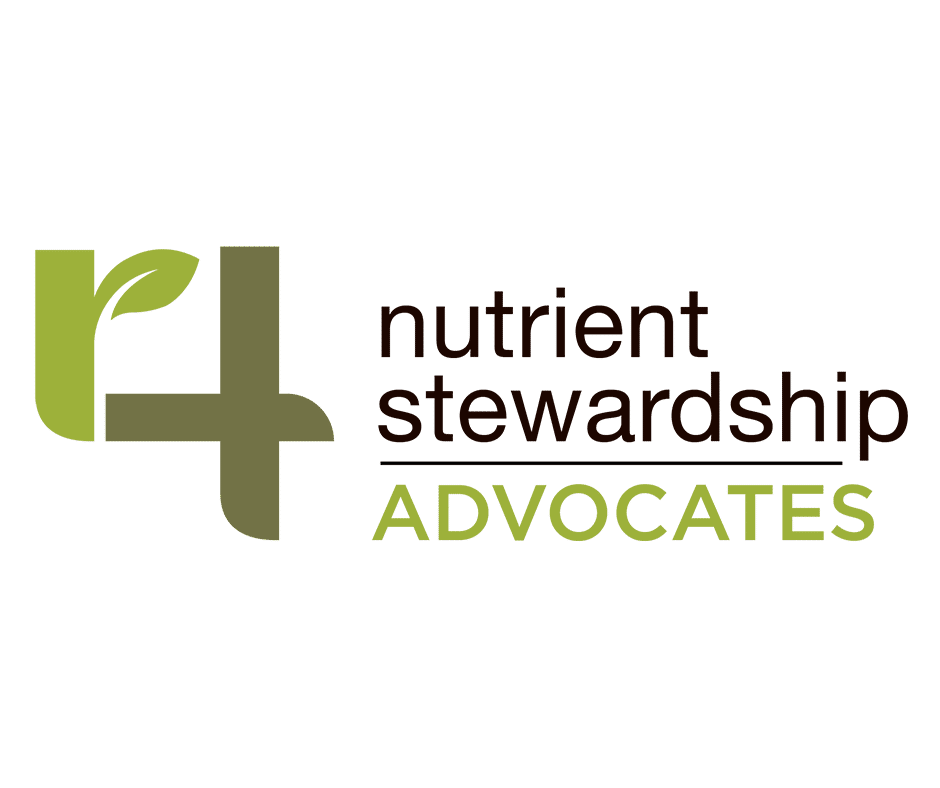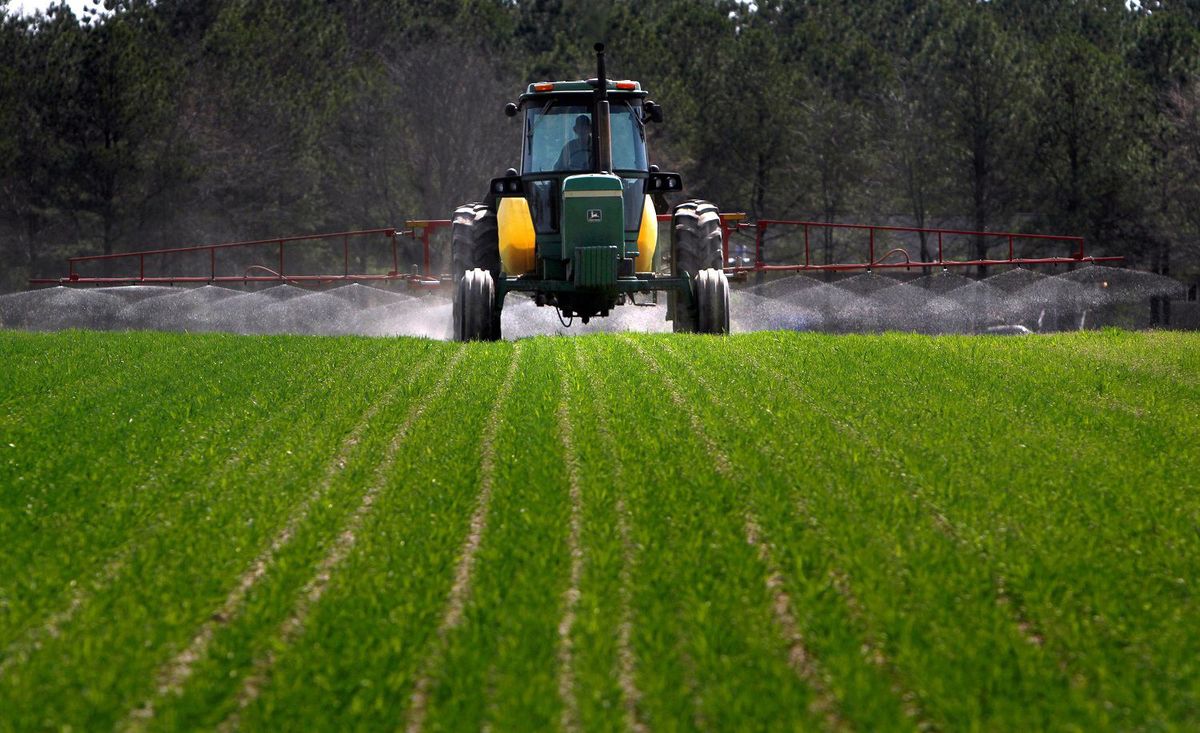TFI Announces International Governing Body for 4R Nutrient Stewardship Certification Program

WASHINGTON, September 3, 2020 – The Fertilizer Institute (TFI) announced the formation of an international governing body for the 4R Nutrient Stewardship Certification Program – the Global Nutrient Stewardship Certification Council (NSCC). The NSCC is composed of representatives from The Fertilizer Institute, Fertilizer Canada, and The Nature Conservancy, who will guide interested parties in the implementation of a 4R Certification program in their region.
“The fertilizer industry recognizes the environmental challenges its products pose; however, we want to be part of the solution,” said Corey Rosenbusch, TFI President and CEO. “Fertilizer applications on millions of acres of farmland around the United States are under the management of highly-trained professionals who make 4R recommendations to farmers every day. The 4R Nutrient Stewardship Certification Program is a way to ensure the industry continues to meet and exceed standards that help protect the environment.”
The voluntary 4R Certification Program is an effort by the North American agriculture industry to significantly reduce and prevent fertilizer from running off fields into the water supply. The program certifies fertilizer retailers and crop consultants – those who apply or make fertilizer recommendations – are following business practices in accordance with 4R Nutrient Stewardship principles. 4R practices incorporate using the right fertilizer source at the right rate, at the right time, and in the right place. Program participants must go through annual, independent, third-party audits, which demonstrate their understanding, following and recommendation and implementation of 4R principles with their grower customer.
The 4R Nutrient Stewardship Certification program was initially launched in the Western Lake Erie Basin in 2014 as a partnership between TFI, The Nature Conservancy, and the Ohio Agribusiness Association. A year later, Fertilizer Canada led the development a certification program for Ontario agribusiness. Programs are currently available in Florida, New York, and Ohio in the United States and in Ontario and Prince Edward Island in Canada. Other geographies working to implement the program are Indiana, Minnesota, and Missouri.
“Fertilizer Canada and TFI have worked together to develop a robust science-based certification program that recognizes the climate smart agricultural practices of North American agri retailers,” said Garth Whyte, President and CEO at Fertilizer Canada. “The Certification program further demonstrates our commitment to balancing farmer, industry, and advocacy goals to improve on-farm economics, crop productivity and fertilizer efficiency, while also being leaders in sustainable agriculture.”
An early champion of the 4R Nutrient Certification Program, The Nature Conservancy views the effort as an essential component of its Sustainable Agriculture strategy for North America. “The 4R framework is a proven, science-based approach that works for the farmer and for nature,” said Carrie Vollmer-Sanders, strategic engagement director for The Nature Conservancy in North America. “It helps farmers and agribusinesses ensure the long-term sustainability of crop production, while also protecting lands and waters for future generations.”
With a recently signed Memorandum of Understanding, the geographies recognize TFI as the global administrative agent for the 4R Certification Program and the Global NSCC and manager of the program in the United States. Fertilizer Canada develops and administers the 4R certification program for interested provinces. Coordination within the NSCC will create consistency amongst geographies, maintain program rigor, and ensure core auditable requirements are represented in each geographies’ standards. The Global NSCC will also provide guidance to new entities interested in developing programs in their geographies.
The NSCC also announced a newly redesigned 4Rcertified.org, which will serve as a central hub of information for interested geographies and retailers, current program participants, legislators, regulators, and the general public. The website includes information on the 4R Certification Program, as well as geography-specific resources and statistics.
Those interested in implementing the 4R Certification program in their geography should contact The Fertilizer Institute in the United States and Fertilizer Canada in Canada to assist in developing a program plan.
The 4R Nutrient Stewardship Certification Program is governed and guided by the Global Nutrient Stewardship Certification Council – representatives from program geographies, The Fertilizer Institute, The Nature Conservancy, and Fertilizer Canada. The Global NSCC creates consistency among member geographies, maintains program rigor and ensures core auditable requirements are represented in each geographies’ standards. The 4R Certification Program is administered by The Fertilizer Institute. For more information, visit 4Rcertified.org.
###
The Fertilizer Institute (TFI) is the leading voice of the nation’s fertilizer industry. Tracing its roots back to 1883, TFI’s membership includes fertilizer producers, wholesalers, retailers and trading firms. TFI’s full-time staff, based in Washington, D.C., serves its members through legislative, educational, technical, economic information and public communication programs. Find more information about TFI online at TFI.org. Learn more about TFI’s nutrient stewardship initiatives at nutrientstewardship.org.







